Due to a significant slowdown in fertilizer production in Achema company because of gas prices, the port companies gained greater importance in Achema Group, especially Klaipeda Stevedoring Company (KLASCO), which demonstrated good results in 2010.
Keeping the Fertilizer
During the year 2010, Achema Group received 87.5 million litas of unaudited net profit.
Achema Group President Bronislovas Lubyst acknowledged that in terms of the money earned, the economic center moves from Jonava to Klaipeda. First, this was a result of sharply increased gas prices. For this reason, last season Ahema was working in full capacity only for a few months. This year’s prospects are not promising either. Gas prices are predicted to rise sharply again. Achema exports more than 80 percent of produced nitrogen fertilizer through the port of Klaipeda.
B.Lubys predicts that the handling of Achema fertilizer in KLASCO this year will be as limited as it was last year.
Nevertheless, Achema Group has planned to make 45 million litas of investments in KLASCO bulk fertilizer terminal. According to B. Lubys, design works of the terminal development will begin this year, but the actual construction will start in 2012.
The bulk fertilizer terminal is being developed in anticipation of further fruitful cooperation with the Belarusian producers of fertilizer.
“I’m glad about our President’s Dalia Grybauskaite’s position that one cannot put an equal sign between Belarusian government, the people and economy. The European Union’s sanctions against Belarus affected only the government but not the nation and the economy. Our partners in Belarus did not enter the lists and so, they will be able to come and talk to us”, stressed B. Lubys, noting that what had happened did not cause drastic fear of future cooperation.
In his assessment, Belarus has a long-term potassium chloride production program. Fertilizer production business has persisted during the crisis in the Russian regions of Ural and Volga. Only the French fertilizer producers have not been able to fight off competition in Europe.
Achema Group has small fertilizer terminals in the European ports of Lübeck in Germany and Ghent in Belgium. According to B. Lubys, they do a good job and return the loans taken for constructions. They will be able to count their profits in a few years.
Priority to Metals and Grains
In January, when weather conditions were very bad, and KLASCO did not operate for 12 days, it was able to handle about one million tons of cargo.
In B. Lubys’ assessment, KLASCO is able to handle about 1.3 million tons per month. It has been challenged to “climb over” to a permanent 17 million ton annual turnover in a decade.
Foundations for improved handling in the future are already being laid. It is not only fertilizer that is valued as a viable cargo.
“We have signed a beneficial contract for metal loading both to KLASCO and partners. There will be about 1.5 million tons of new cargo per year. We will widely develop the area of metal loading. We have a lot of cranes and we are going to buy some additional equipment”, noted B.Lubys.
KLASCO loading opportunities will be significantly expanded in the general cargo, including metals, by started reconstruction of quays No. 7, 8 and 9.
This year, before the new harvest, KLASCO has to complete the extension of the grain terminal. The investment will be 20 million litas.
“Lithuania has been consistently increasing grain exports. Achema Group is also involved in grain marketing business. We are currently looking for partners to expand this business. Belarusians have also started looking for grain trade routes. We are expanding the grain terminal not in vain. In grain market, new issues constantly emerge and one has to be ready for it”, explained the President of Achema Group.
A Different Gas Terminal
The port companies are considered to be as particularly promising and providing enough income in the future.
Cargo Terminal is recovering. It still has not gone back to that level as it was when working with Vitol. However, new loading partners are being discovered.
B.Lubys visited Klaipeda passenger and cargo terminal and was happy to see how rapid the construction of the terminal quays was.
The Achema Group President B.Lubys has spoken about the fact that together with the partners he is going to build a small gas terminal of up to 2 billion cubic meters in the port. So far, neither the cost, nor location of the construction of the terminal has been disclosed.
According to him, the studies have shown the possibility of building such a terminal in a small area.
Construction site might even be in the northern part of the port, where KLASCO has 2.4 hectares of unused territory. Here, storages could be built, and the ships would be unloaded in the Cargo Terminal at quay 3. Today, according to B. Lubys, the third quay loaded 40-45 percent, whereas the optimal load is 70-75 percent.
Because of important strategic issues, according to B. Lubys, the development of quay 144 has been suspended as well. He did not confirm that there could be a gas terminal under construction.
“We have submitted proposals to the Minister of Energy. The Prime Minister has also been informed about it. We are waiting for a reply. Piers are a public property and nothing can be done there without coordinating the situation with the Port Authority first”, stated B. Lubys.
He believes that the small Achema Group liquefied gas terminal in the port would not interfere with the government’s plans to build its own terminal.
B. Lubys said he did not believe in fairy tales, according to which, the national gas terminal will be built at the Pig’s Back in 2014. However, Achema Group, which is the largest gas user in Lithuania, would not refuse to participate in the terminal’s construction.
|
Lithuania is facing a greater risk by delaying the construction of the gas terminal. The European Union will fund the construction of one terminal, which will provide gas to the three Baltic States. Riga has been intensively trying to receive the funding in Brussels. Latvia’s priority is that it has huge underground gas storage facilities. I talked to people who want to build the gas terminal in Riga. They have visited Klaipeda as well. Riga, compared to Klaipeda, has more preferences, as well as environmentalists. I have seen all the possible locations for the natural gas terminal in Riga port. Estonians, together with Finns, are also preparing to build a gas terminal. It is unclear how all these issues will unravel. This can end quickly. The decision may arrive already in March. To expect that the ship-transported gas will be cheaper is not possible. I welcome the initiative to connect the Lithuanian and Polish gas pipelines. Multiple delivery channels always present some interesting possibilities. |
|---|
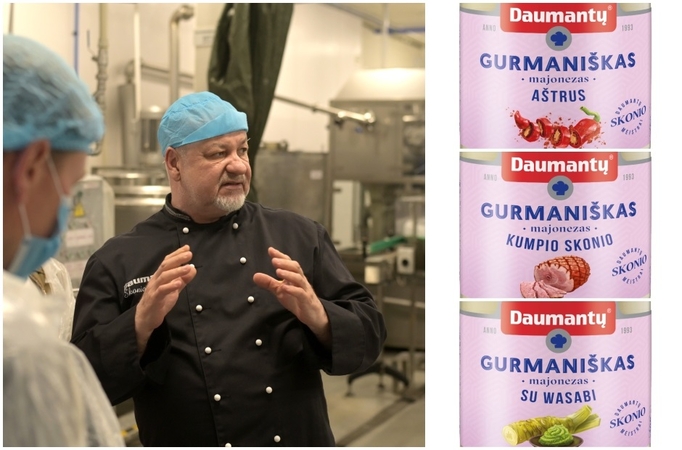
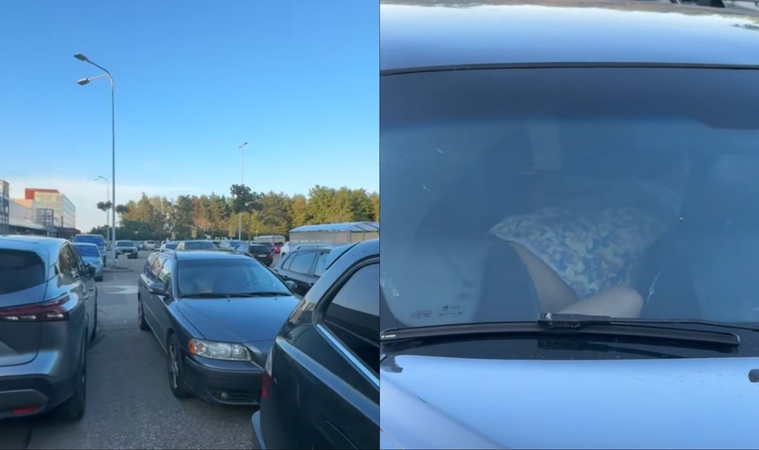
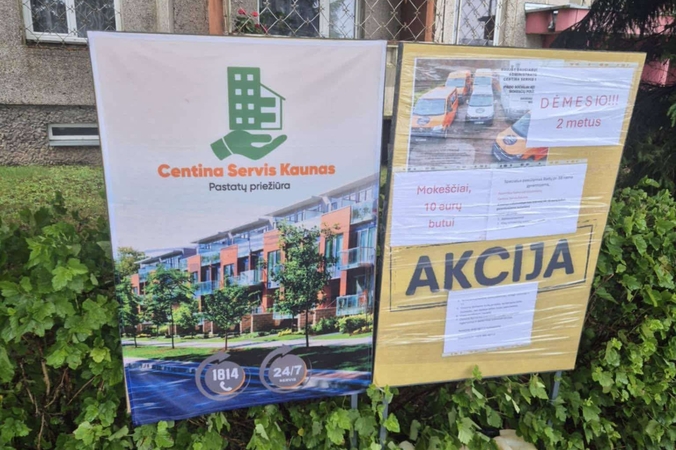
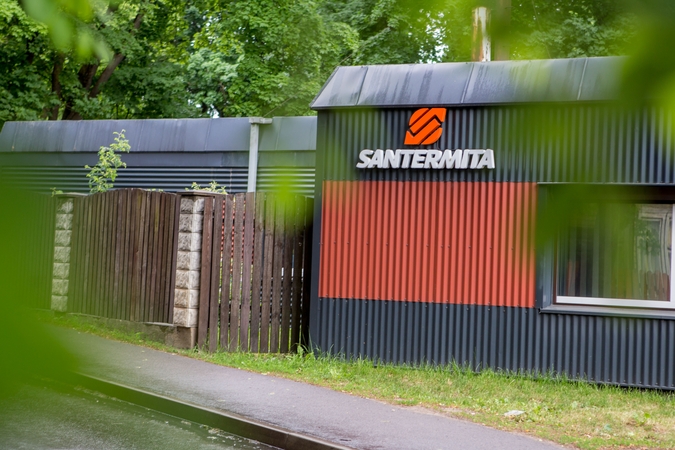
 By Bronislovas Lubys, The Achema Group President
By Bronislovas Lubys, The Achema Group President 





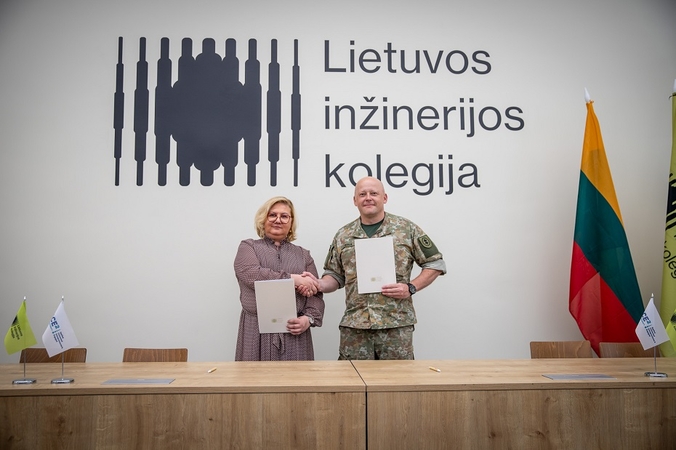
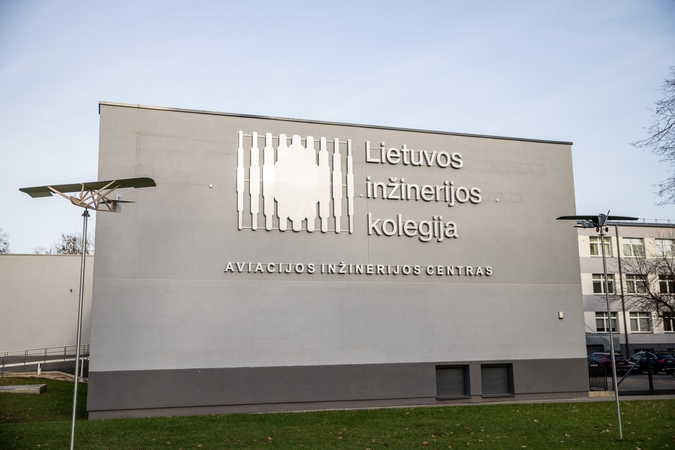

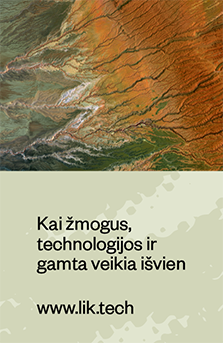




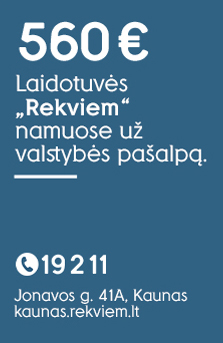
Naujausi komentarai